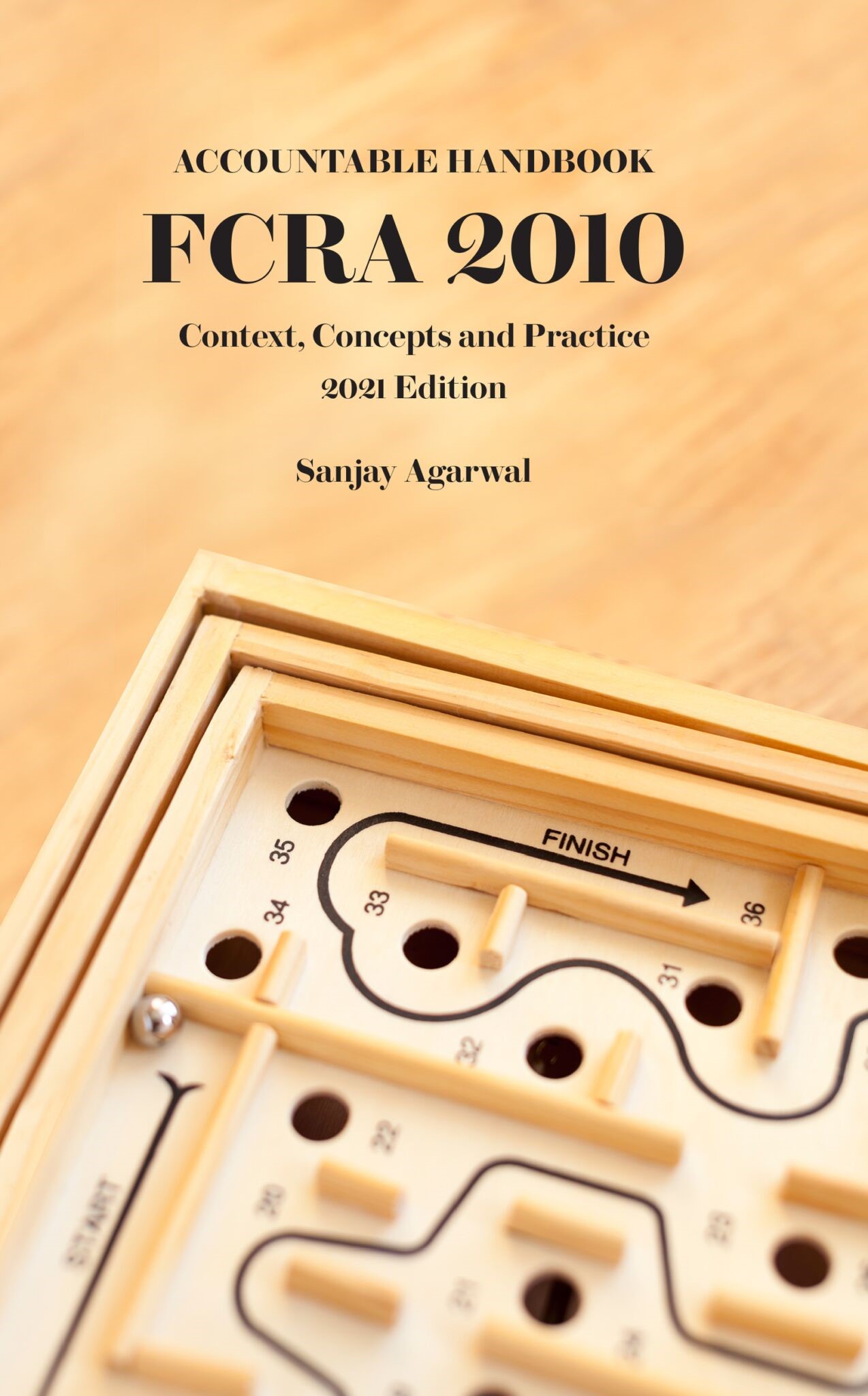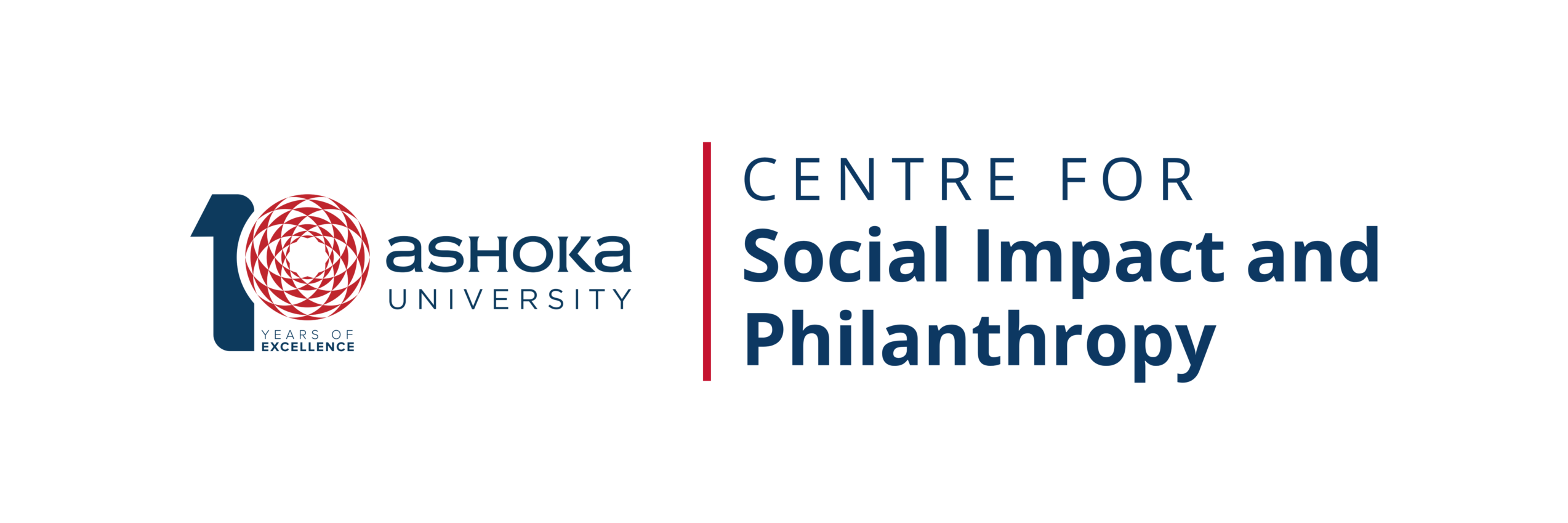


Book Review: FCRA 2010: Context, Concepts and Practice


 It would be all too easy to be intimidated out of reading Sanjay Agarwal’s ‘FCRA 2010: Context, Concepts and Practice.’ Its doorstop size and weight, the 30-page table of contents and 167 pages of appendices, and its technical subject matter do not make for an easy bedtime read. If you lead a nonprofit in India, however, or work in an organisation that makes philanthropic grants, serve on the board of an NGO or foundation, are an academic or journalist studying or reporting on the social sector in India, or are a citizen concerned about shrinking democratic spaces, you would do well to look past the book’s size and title and dive in.
It would be all too easy to be intimidated out of reading Sanjay Agarwal’s ‘FCRA 2010: Context, Concepts and Practice.’ Its doorstop size and weight, the 30-page table of contents and 167 pages of appendices, and its technical subject matter do not make for an easy bedtime read. If you lead a nonprofit in India, however, or work in an organisation that makes philanthropic grants, serve on the board of an NGO or foundation, are an academic or journalist studying or reporting on the social sector in India, or are a citizen concerned about shrinking democratic spaces, you would do well to look past the book’s size and title and dive in.
The Foreign Contribution (Regulation) Act, in its various avatars since it first came into being in 1976, through its evolution via rule changes and amendments in 2010 and 2020, is the hero of this volume. From the circumstances of its birth, in fear of foreign influence on India’s politics, to the clever manoeuvring that permitted political parties to escape its clutches, to its weaponisation against NGOs, especially those that attempt to hold government to account, very few of us, even those most severely affected, have sought to understand this monster that casts such a vast shadow.
Fortunately, Sanjay Agarwal has provided us with a veritable FCRAnama that lays out in engaging, even amusing, terms not just the letter of this law but the myths, conundrums, urban legends and superstitions that cloak it in mystery. It tracks the changes in context, from the Cold War to the era of contemporary globalisation, as well as the changing nature of the development sector and its actors, and the impact of the key legal challenges the law has faced. It debunks popular misconceptions and unpacks core concepts. It details the law’s relevance and impact for practitioners of corporate social responsibility (CSR), impact investing, crowdfunding, cryptocurrencies and the proposed social stock exchange, besides mainstream philanthropies and NGOs, and answers every question relating to its practical application in lucid terms and language. It provides clarity on definitions of who and what the law covers, detailed guidance for navigating compliance with its requirements and easy reference to all the necessary forms and templates. The checklists in Chapter 19 are of particular value, providing a ready reckoner of to-do and not-to-do items for each group of potential users from bureaucrats and politicians to bankers and auditors as well as NGOs and funders of every category.
Given the scope and complexity of the FCRA’s provisions, the many changes that have been effected in it over time, the vast potential to fall afoul of them, even inadvertently, and the dire consequences of doing so — it is, I believe, prudent to build first-hand familiarity with its implications and not just rely on the advice of experts. Routine decisions — to seek registration as a non-profit or for-profit, which businesses located in India or overseas to seek support from, whether or not to accept a contribution from a family member or friend in another country, whether to structure a transaction as a donation or a commercial contract, what to report, when and how — would be a lot less fraught with risk when one is armed with the knowledge this valuable work provides.
Someone once described Sanjay Agarwal to me as the most ‘factful’ person they knew. FCRA 2010 embodies that encyclopaedic knowledge, nuanced understanding, intense focus, decades of hands-on experience and wry humour that all who know Sanjay will recognise.
Buy the book: https://fcra2010.in/


